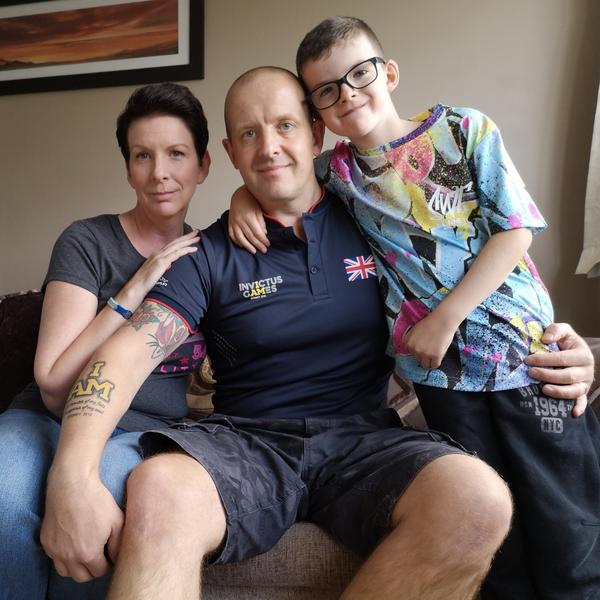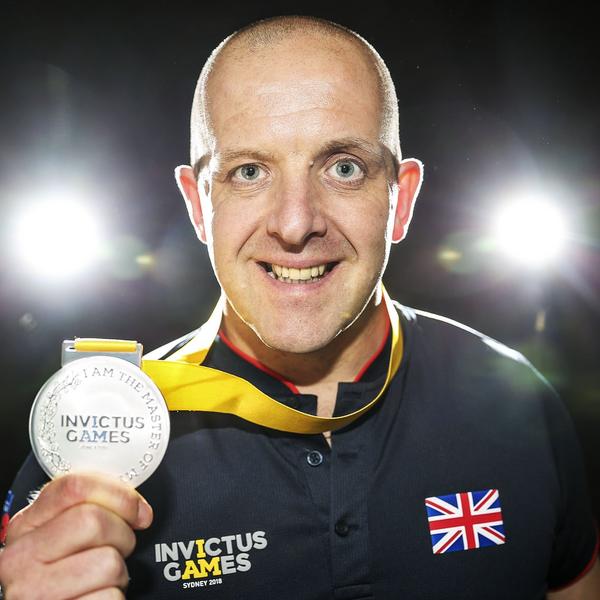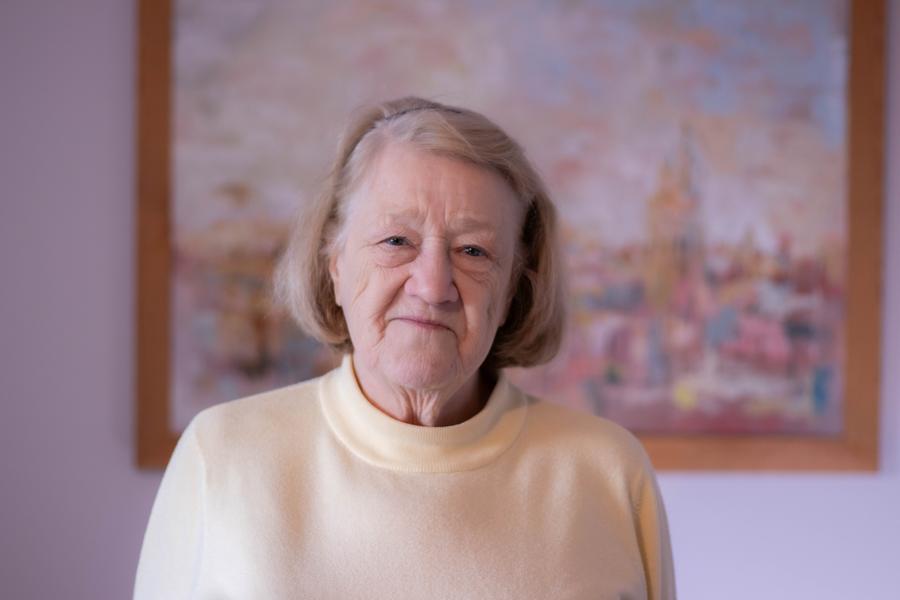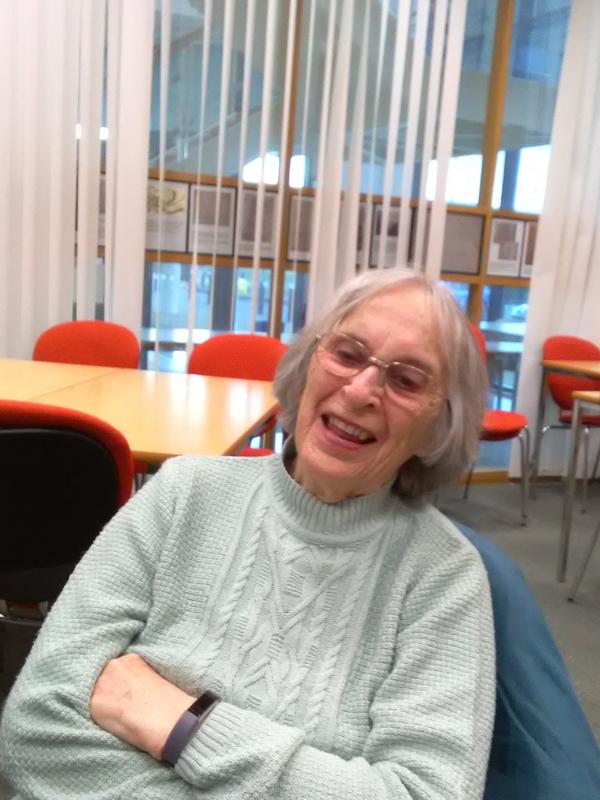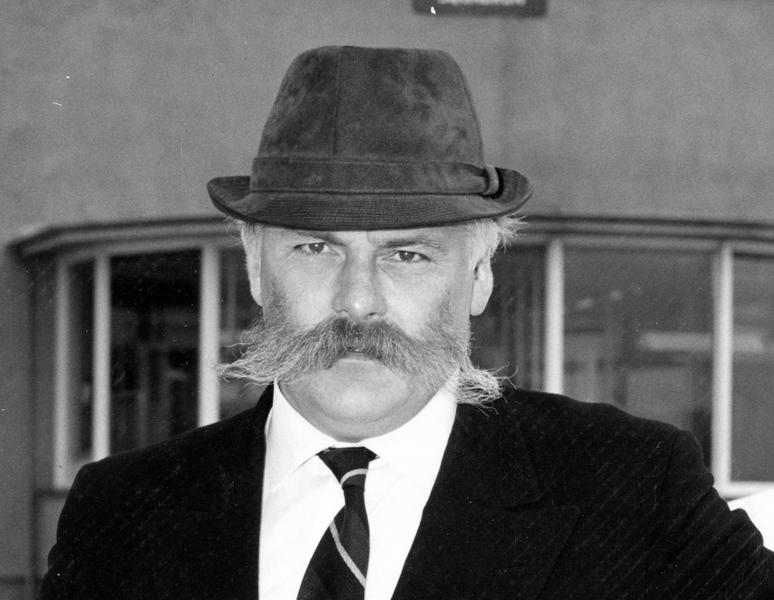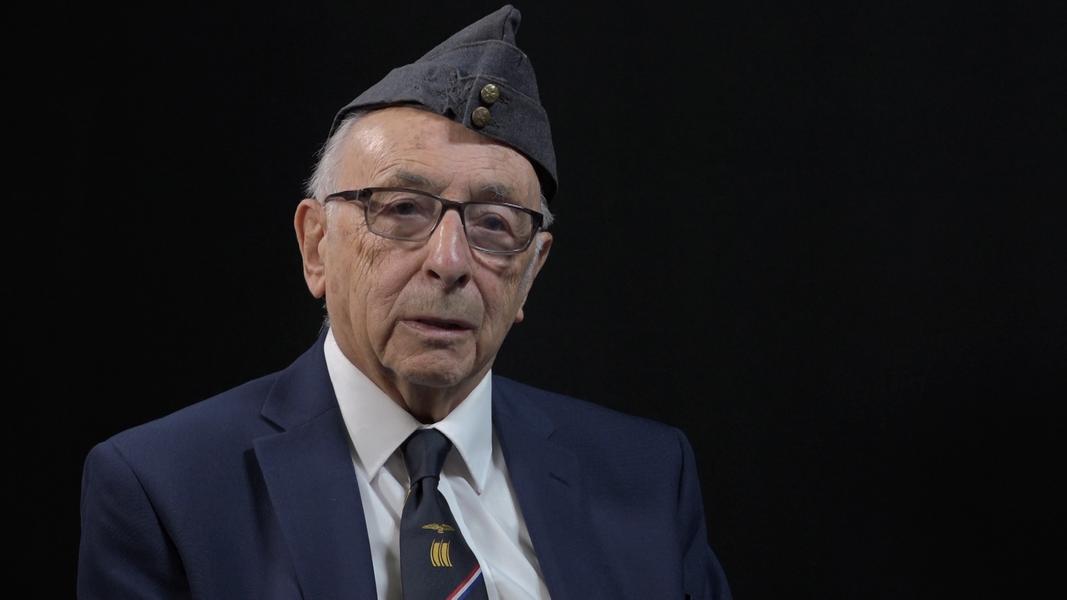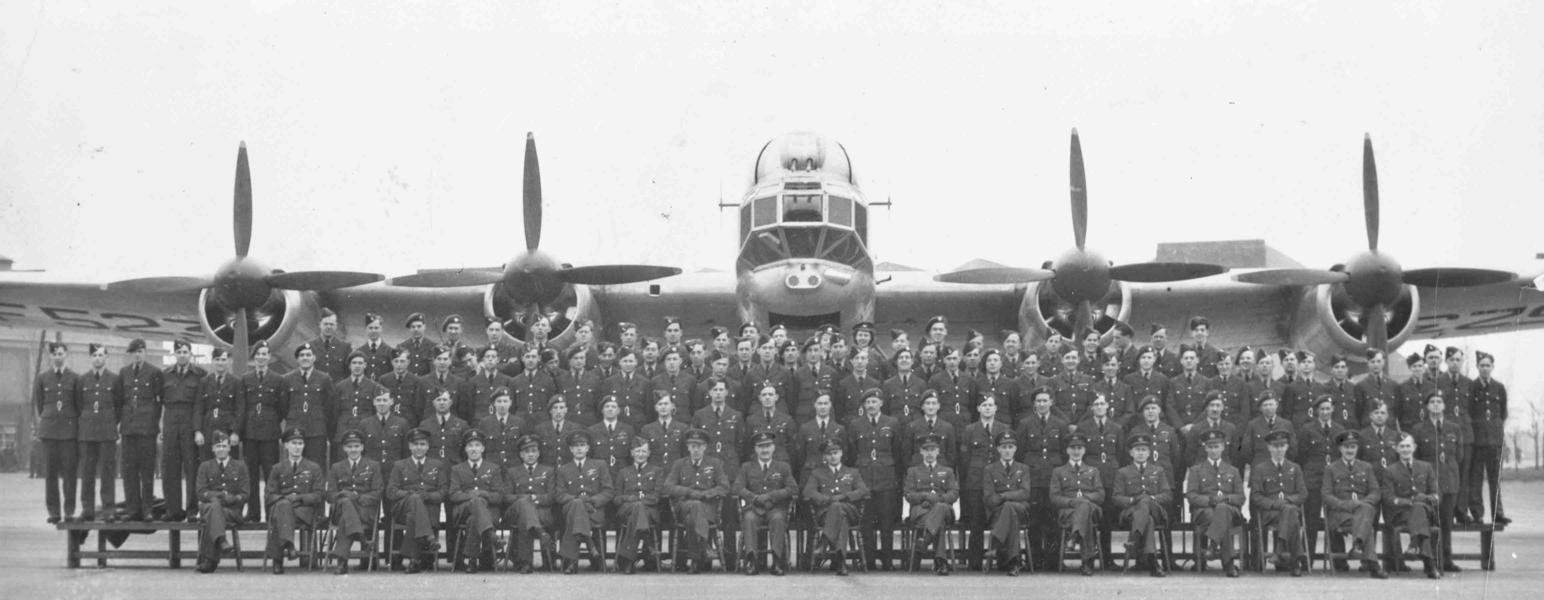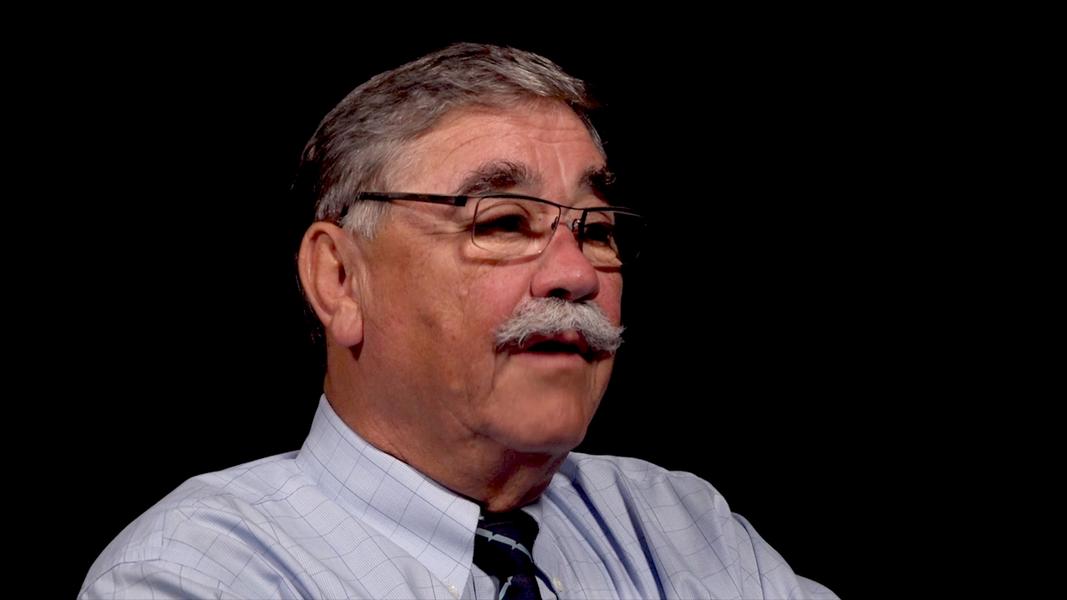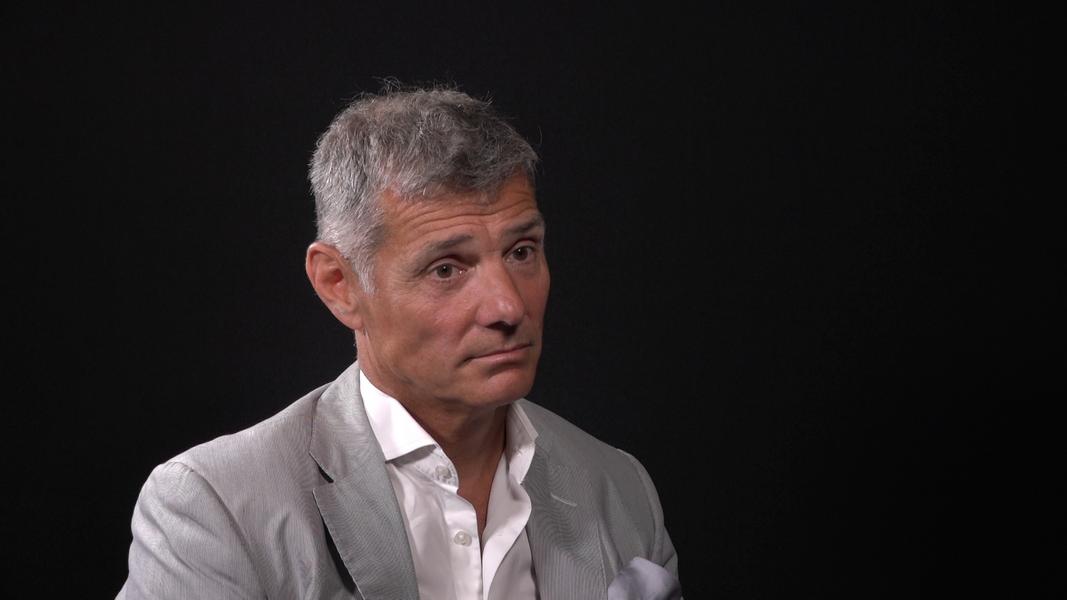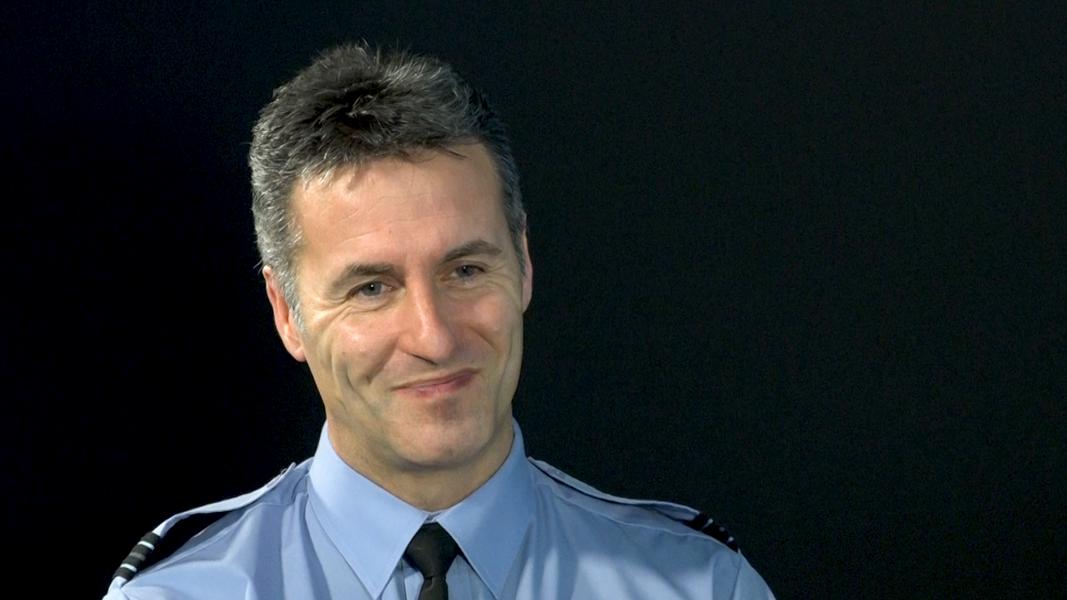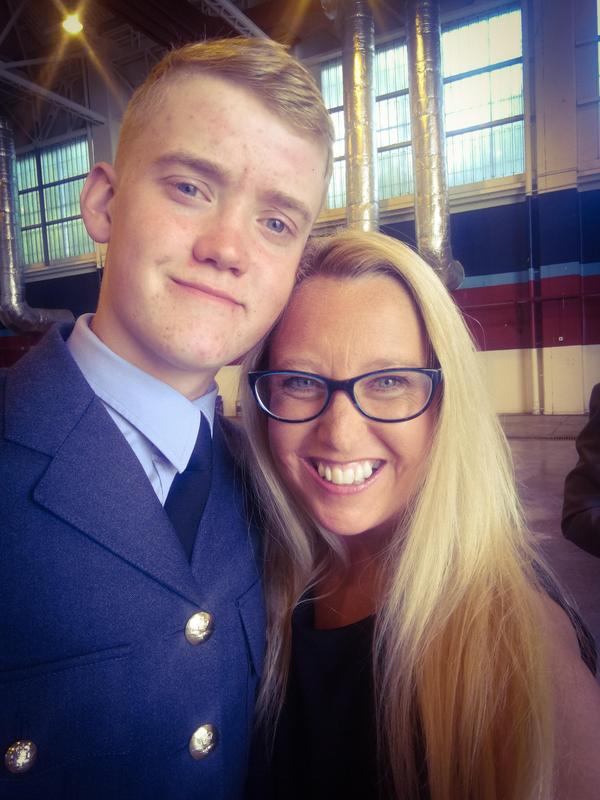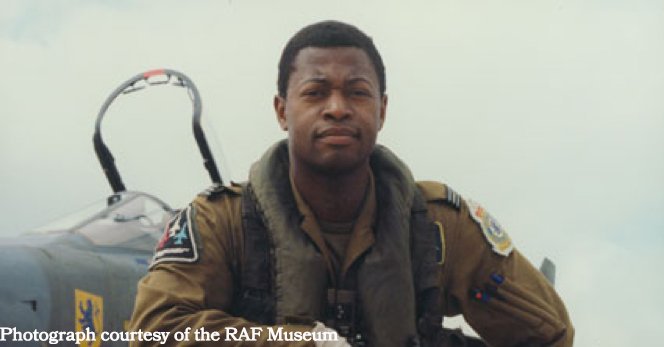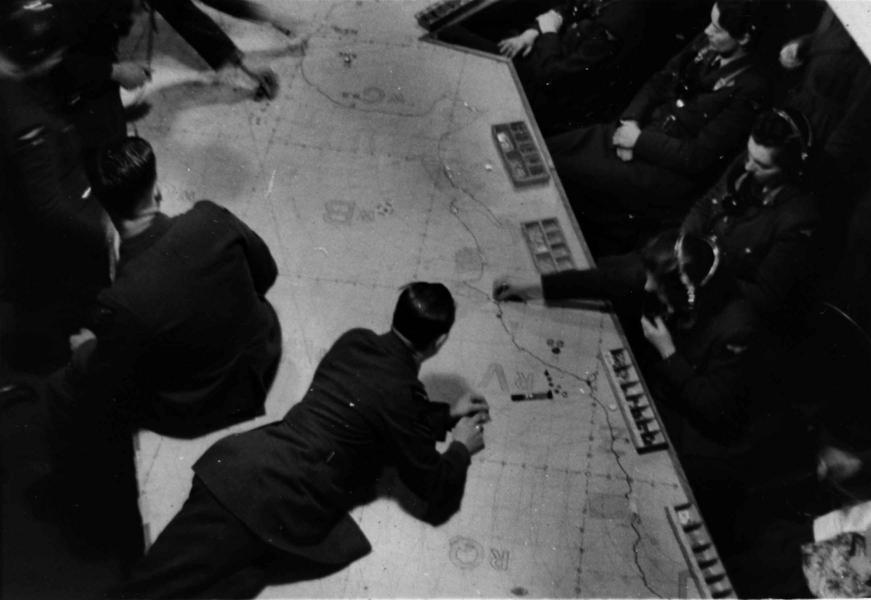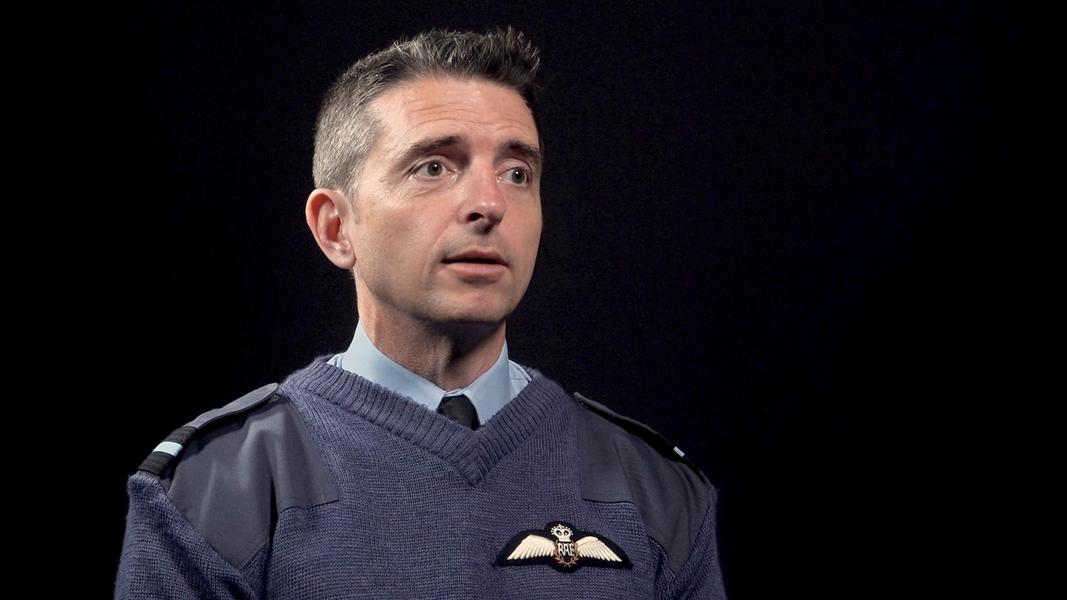My experiences in Iraq became a pretty constant,
intrusive memory or thought.
So just about everything I did during the daytime,
during the night time was linked in stringently to Iraq.
So I would be seeing this young man at the side of the road
as I was driving past, he'd be sat in the car with me,
I'd be sat in a meeting, he'd be sat in a chair opposite me
and I thought I was going mad, I honestly thought if I
tell anybody about this, they're gonna kick me out
for being mad.
Crowded places, if I went into any crowded places at all
then it would, I'd be apprehensive even going in there
and as soon as I was there I'd be looking for exits,
I'd be looking what I could potentially use as a weapon
if I needed to defend myself.
And I'm talking shopping centers or even in work.
There was a constant link to the feeling of being in danger.
So the alcohol intake was constant, every single day,
every night.
The nightmares were, I'd had broken sleep for years.
I'd kinda got used to having broken sleep and used
to waking up and shouting and sweating and crying
because of the images are in my head.
My wife knew about this, obviously she was laid next
to me every night and she was worried about me.
Eventually I couldn't take this day to day existence
any longer and I planned and attempted suicide.
Which luckily I failed in that, very luckily I
failed in that.
It made me realize what I had and what was actually
happening to me because I had no thoughts when planning
this about the impact it would have on family and friends
and what I would leave behind.
I had no thought of that, I was very, kind of selfish
but I couldn't find another way.
I opened up about this and my wife dragged me down
to the med center and straight away I was given
professional help and looked after very, very well
and the fear that I had of being kicked out of the
Air Force was very, very wrong.
I've been shown, the amount of support I've been shown
is second to none, you wouldn't get it outside
of the military.
And yeah, I'm getting a lot better.
I've been given medication, I've been given therapy
and life has changed hugely since then and as the therapy
goes on these intrusive thoughts and flashbacks become
memories, like a normal person would have.

